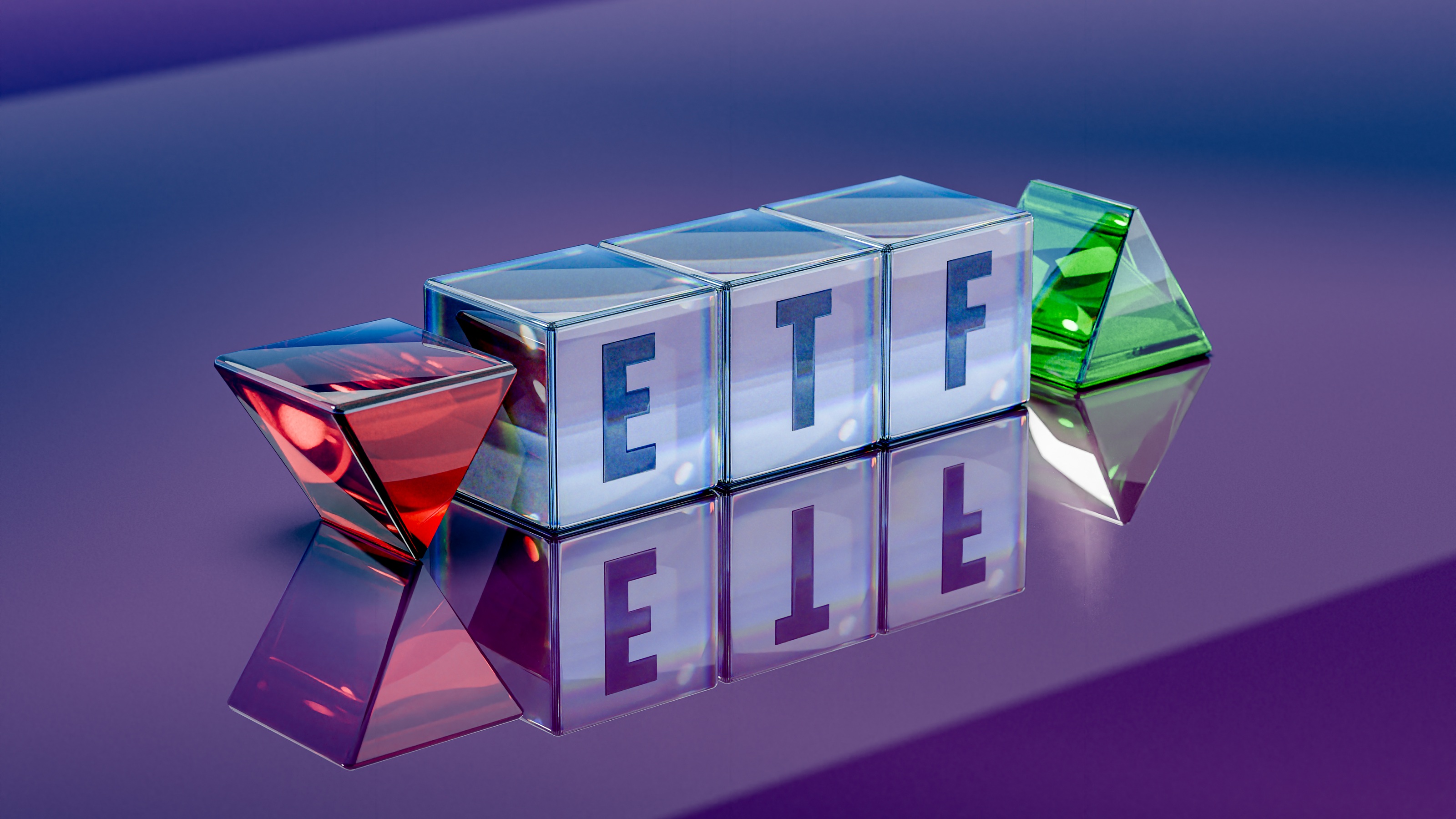
The holidays have come and gone, bringing happiness and cheer during what the songs say is our favorite time of year. Still, amid all the joy, making decisions about money during the season of giving and receiving is serious business, especially if you just ended up with extra cash, whether from gifts or year-end bonuses.
No longer is giving cash for the holidays considered tacky, inconsiderate or even insensitive. "Money is an appropriate gift," says Elaine Swann, etiquette expert and founder of The Swann School of Protocol.
That brings us to the main benefit of giving cash: The person who receives it can decide for themselves what to do with the money. And one of the ways you may choose to use your holiday cash is to invest it. Here are four ways to do just that.
Investing holiday gifts into fractional shares

Brokerage firms began introducing fractional shares in the late 1990s and early 2000s. It's one of the key milestones in the democratization of investing.
A fractional share is what it sounds like: a portion of an equity share of a company's publicly traded stock that is less than one whole share. The advent of no-fee brokerage accounts and no-fee stock trading means you can start investing in fractional shares with as little as $5.
In other words, fractional shares make equity investing accessible to most folks, not just the wealthy. Gifting fractional shares is a great way to get a young person's or any new investor's "time in the market" started. And fractional shares allow investors with small portfolios to diversify by sector and industry and to make targeted individual stock investments at the same time.
Your $5 can get you into artificial intelligence semiconductor stock Nvidia (NVDA), even though it trades near $190 per share, as well as online travel company Booking Holdings (BKNG), which trades for more than $5,400 per share, and you can benefit from both stocks' long-term success.
Fractional share platforms to consider when you think about how to invest your holiday cash include Robinhood, Charles Schwab and SoFi.
Use your holiday bonus on exchange-traded funds

Exchange-traded funds diversify for you, and they do it efficiently. Consider, for example, that Vanguard's minimum investment for a fractional share of one of its ETFs is $1.
You can also invest your holiday cash in a fully diversified portfolio of the best ETFs that cover different sectors and regions as well as market caps. That's the point of a popular fund-of-funds ETF, the iShares Core 60/40 Balanced Allocation ETF (AOR).
AOR invests in seven iShares ETFs with a traditional equity-to-fixed income ratio of a 60/40 portfolio. It tracks the performance of the S&P Target Risk Balanced Index, which seeks to generate moderate capital appreciation and current income while focusing on capital preservation.
Launched in November 2008, AOR has generated an average annual total return of 8.1% through November 30, 2025.
How to invest in cryptocurrency with your holiday gift

Cryptocurrency is an aggressive option for your holiday cash. The price of the world's first cryptocurrency, bitcoin, has been extremely volatile this year, rising more than 60% from April through October, only to sink 30% in the past two months.
The crypto market is likely to remain a fast-moving one in 2026, especially as digital assets gain more regulatory ground in the Trump administration.
"With loosening financial conditions, rising risk appetite, and multiple structural catalysts converging, the setup for bitcoin remains constructive," says Matt Mena, crypto research Strategist at 21shares.
And while bitcoin has sold off recently, Mena points to several catalysts that could make strong gains a possibility in 2026. One is the potential for President Donald Trump to nominate crypto-friendly Kevin Hassett to replace Jerome Powell as Fed chair.
The passage of the CLARITY Act would also be beneficial, allowing "major financial institutions to more easily participate in crypto, and large wealth platforms such as Morgan Stanley, Bank of America, and others now allow advisers to recommend crypto allocations of 1%-4%."
Get into equity crowdfunding with holiday cash

Equity crowdfunding isn't as hot a financial media topic as it was during the early days of the COVID-19 pandemic, but it remains a viable option for putting a small amount of cash to work. This growing market has been regulated by the SEC since 2015.
According to Business Research Insights, what is expected to be a $2.1 billion market in 2026 is forecast to grow to $6.6 billion by 2032, a compound annual growth rate of nearly 14%. Multiple platforms in the U.S. allow you to invest in private businesses, real estate and other investable assets – including startup and early stage companies.
The largest of the regulated U.S. equity crowdfunding platforms is New York-based Republic, which has raised $2.6 billion on its platform since 2014, funding more than 3,000 businesses in over 150 countries.
The minimum investment can be as low as $50, depending on the terms of specific offerings. The Republic website includes extensive information about how to participate in equity crowdfunding.






